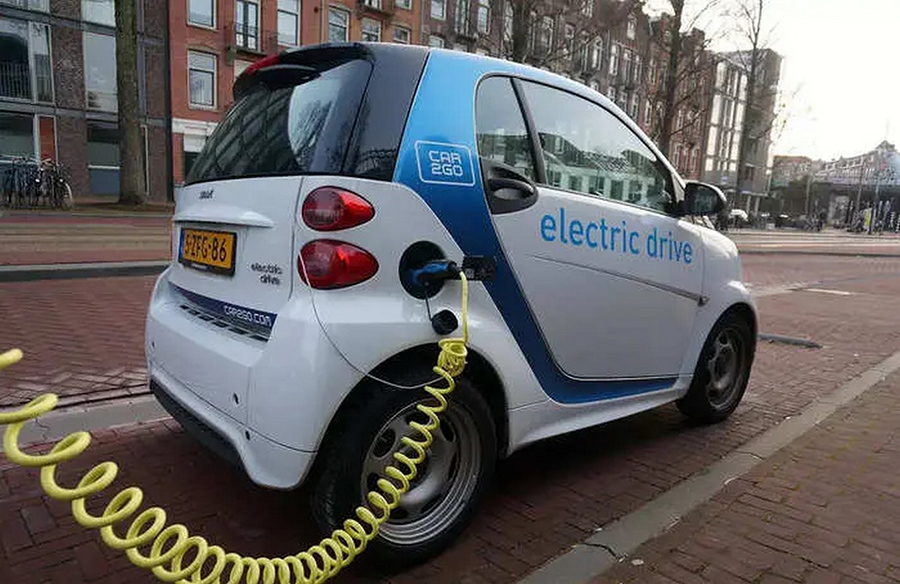In the first half of 2023, Indian startups faced a significant decline in funding, raising $5.5 billion, marking a stark 72% drop from the same period in the previous year.
According to a half-yearly update by Tracxn, the number of deals also plummeted to 536, down to a third of what they were in the first half of 2022, which stood at 1,586.
However, despite the downturn, startups in the environment tech sector managed to retain investor interest, with funding experiencing a 7% increase sequentially compared to the second half of 2022, albeit facing a 25% drop year-on-year.
The surge in this sector is largely attributed to the burgeoning electric vehicles (EVs) industry in the country, driven by the increasing adoption of EVs and government policies favoring cleaner mobility.
EVs, Payments, and EdTech Lead in Funding
Among the various sectors, EVs emerged as the top-funded sector, securing $774 million in funding, closely followed by the payments sector, which also raised $773 million. The government’s initiatives to promote a cashless economy have attracted significant investments into this sector.
Additionally, edtech companies witnessed substantial funding, with K-12 edtech companies raising $727 million and the test preparation tech sector securing $708 million.
Despite the overall decline in funding, India retains its position as the third most-funded geography in the first half of 2023, trailing behind the US and the UK.
Abhishek Goyal, co-founder of Tracxn, noted, “The investment landscape has seen a downturn in funding, but there is a burgeoning startup culture in Tier 2 and Tier 3 cities, contributing to the country’s economic growth.”
While no new companies achieved unicorn status in the first half of 2023, 60 companies joined the soonicorn club, comprising startups poised to attain unicorn status soon. Additionally, the startup ecosystem witnessed 74 acquisitions during the review period, with 212 companies securing funding for the first time.











